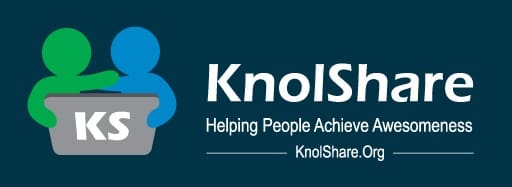Bridging the Gap: How AI Complements Human Coaching

Dr. Dave Cornelius, aka “Dr. Dave,” is an executive and organization coach and learning facilitator. My work is partnering with leaders and teams in for-profit, start-up, and non-profit organizations to deliver a level of awesomeness. I provide generative coaching and immersive learning to enable them deliver value.

In a world where artificial intelligence (AI) has been incorporated into a variety of sectors, including healthcare, finance, and retail, it's worth considering its potential impact on the realm of professional coaching. The rapid adoption of AI, evidenced by the OpenAI ChatGPT app reaching 100 million users in a mere two months, demonstrates AI's expansive reach and potential influence.
Generative AI and Large Language Models
Generative AI, a type of artificial intelligence capable of creating new content, leverages machine learning models trained on extensive datasets. This allows the AI to learn patterns, styles, and structures, a feature also common to large language models (LLMs). These LLMs power AI chatbots, offering another dimension of application.
The Intersection of AI and Professional Coaching
When we consider how the International Coaching Federation (ICF) defines coaching—a partnership with clients that inspires them to maximize their personal and professional potential—it's intriguing to envision how AI might fit into this dynamic. Given the private nature of coaching, coaches and clients alike may initially express skepticism toward incorporating AI into their interactions.
Coaches may worry that AI could replace human coaches or that it may lack the empathy and adaptability needed to address the unique needs of each client. Similarly, clients might fear an AI's potential misunderstanding of their problems, breaches of confidentiality, or insufficient support compared to human coaches.
Despite these concerns, research suggests that AI coaching can be effective within a narrow application. An academic paper titled "Coaching at Scale: Investigating the Efficacy of Artificial Intelligence Coaching" supports this perspective.
How AI Can Benefit Professional Coaching
Generative AI can provide a myriad of benefits for professional coaching:
- Personalization: By analyzing past interactions and behaviors, AI can generate coaching advice tailored to an individual's needs, preferences, and goals.
- Efficiency: AI can automate tasks, saving coaches valuable time for client interactions.
- Availability: AI can offer guidance around the clock, thereby extending a coach's reach and effectiveness.
- Insight: AI's ability to process and analyze large amounts of data quickly can reveal patterns and insights to enhance a coach's understanding of their clients.
- Creativity: AI can generate new training materials based on client needs.
- Accessibility: AI coaching may offer a more affordable and accessible alternative to traditional coaching.
My recent attempts to create an AI coaching chatbot highlighted coaches' and clients' reluctance to adopt AI tools because of privacy concerns. When designing the AI coaching chatbot, we might look to Isaac Asimov's three laws of robotics for inspiration and to mitigate such fears:
- A robot can't hurt a human or let a human get hurt. This includes a breach in confidentiality.
- A robot must obey humans unless it breaks the first law.
- A robot must protect itself unless it breaks the first or second law.
Conclusion
AI coaching chatbots hold great promise to revolutionize coaching delivery. They serve not as replacements for human coaches but as tools to enhance a coach's effectiveness, augmenting the crucial human touch, empathy, and adaptability professional coaches provide. The first core ICF competency is demonstrating ethical practice, and the adoption of AI coaching chatbots would need to meet this standard. As we navigate the integration of AI into professional coaching, establishing a set of guiding principles akin to Asimov's laws could be pivotal. This could ensure that the transformation brought by AI aligns with the ethos of coaching and serves the best interests of both coaches and clients.
